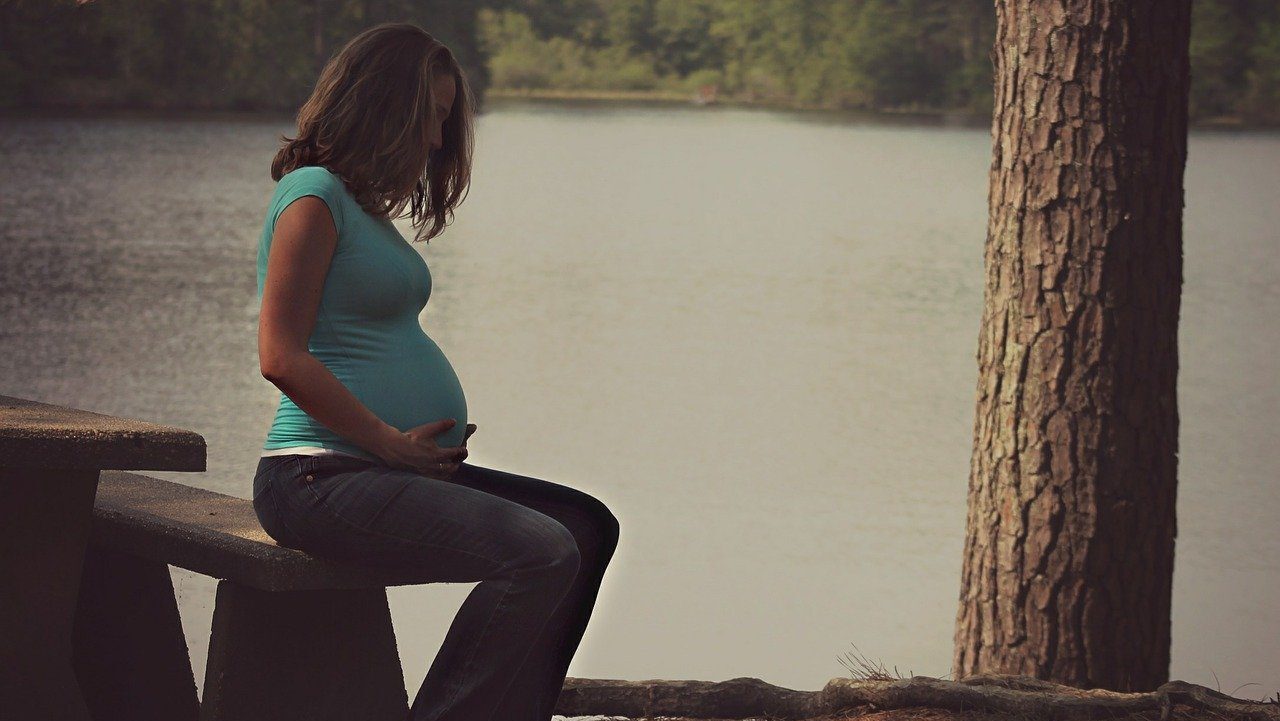
Photo: lisa runnels de Pixabay
Just over a year after the publication of the Casablanca Declaration, aimed at securing an international ban on surrogacy, the people behind this initiative gathered in Rome for a conference and met Pope Francis, who expressed his warm support for them.
The aim of the conference, organised in Rome April 5-6, was to bring together international experts—lawyers, doctors, politicians—to raise public awareness of the dangers of surrogacy and how its growing acceptance in developed countries has increased the exploitation of the poorest countries where women are recruited to rent out their wombs for this new style of trade.
In addition to the experts already present at the Casablanca meeting in 2023, Eugenia Rocella, Italy’s Minister for the Family, took part in 2024, alongside a large number of Italian parliamentarians from both the Right and the Left. The Holy See was represented at the conference by Msgr. Mirosław Wachowski, Under-Secretary for Relations with States and International Organisations. The UN sent Reem Al Salem, special rapporteur on violence against women.
The organisation’s spokeswoman, Frenchwoman Olivia Maurel, who was herself born as a result of surrogacy, gave her personal account of the traumatic experience of being born on commission.
The two-day public conference focused on the different facets of surrogacy, which are often misunderstood by the public. In her speech, Maurel pointed out that “the surrogacy market was worth €14 billion worldwide in 2022 and could, according to forecasts, reach €130 billion by 2032.” In addition to the commercial dimension and the exploitation of human beings that this practice conceals, the speakers also emphasised the serious physical and psychological consequences that can be felt over the long term, both for the surrogate mother and for the child born. Some cases of child abuse allowed by surrogacy were also reported.
On April 4th, Maurel, who describes herself as a “feminist and atheist,” met with Pope Francis, along with other representatives of the anti-surrogacy movement. The pontiff gave his support to the Declaration. Specifying that she met the Pope not as a religious dignitary but “as a head of state,” Maurel said she found him extremely well-informed scientifically about the mechanisms and dangers of surrogacy.
La bonne humeur, dans toutes les circonstances.
— Olivia Maurel (@maurel_olivia) April 4, 2024
Un soutien pour la @CasaDeclaration.
La GPA est un marché global de la femme et de l’enfant.
Voilà ce que je garde en mémoire de cette rencontre. En me présentant comme féministe et athée, en toute simplicité, Pape François, que… pic.twitter.com/xmLJt6Q6uM
A few hours earlier, the team also met the Vatican Secretary of State, Cardinal Parolin, who on behalf of the Holy See said he was in favour of drawing up an international treaty abolishing surrogacy, in the same spirit as the one banning nuclear proliferation.
